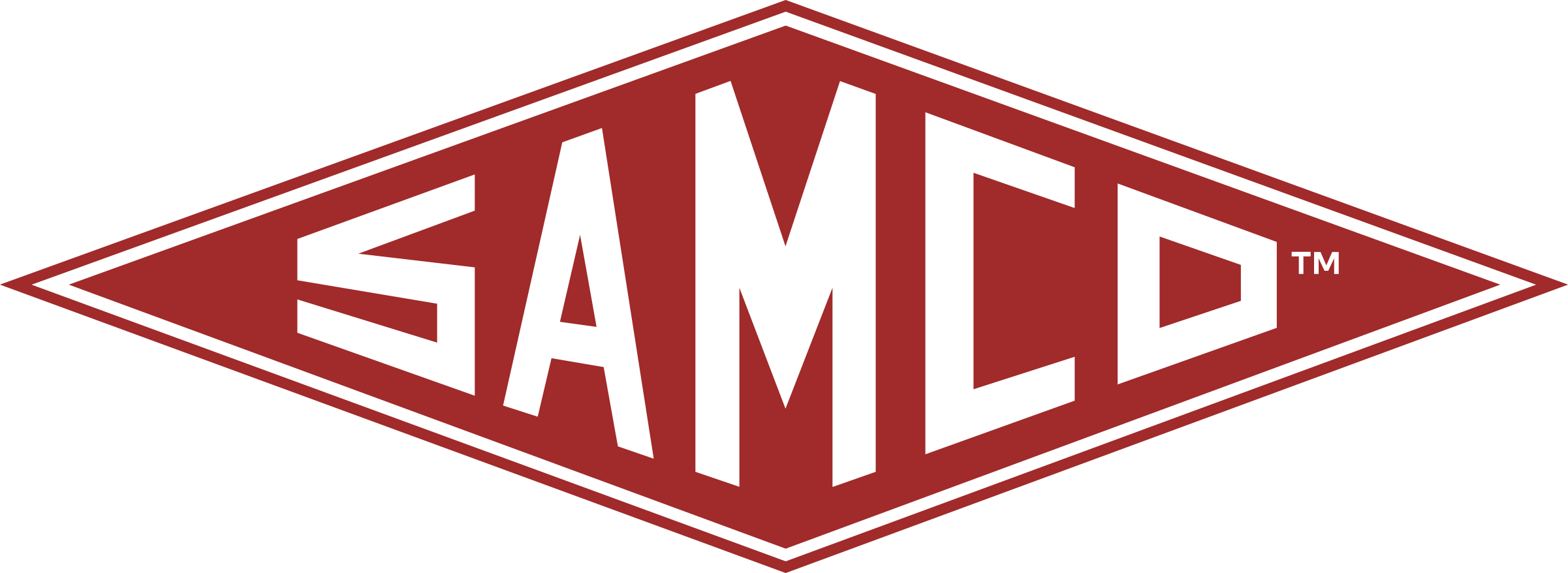
Troubleshooting Piston and Rod Assemblies: Overcoming Common Challenges
Piston ring failures are among the most prevalent issues encountered in reciprocating compressors, posing significant challenges to efficient operation. When these rings fail, compression efficiency diminishes, leading to increased oil consumption and compromised cooling mechanisms. To combat this, meticulous attention to lubrication systems is imperative. Regular inspection and maintenance routines must be established to identify worn-out piston rings promptly. Proper seating and tension of the rings must be ensured during replacement, and continuous monitoring of gas and lubricating oil quality aids in the early detection of potential issues, preventing costly downtime and extensive damage.
Piston Scoring and Cylinder Wear:
Excessive piston scoring and cylinder wear are detrimental to compressor performance, often resulting in increased oil consumption and reduced compression efficiency. To address these issues effectively, a proactive approach to inspection and maintenance is paramount. Routine assessments are necessary to detect signs of wear early, allowing for timely intervention. Ensuring proper lubrication and alignment through regular maintenance routines is crucial in preventing these issues. Employing advanced inspection tools like bore scopes facilitates the early detection of cylinder wear, enabling swift corrective action and minimizing the risk of unplanned downtime.
Rod Bearing Failure:
Rod bearings are subjected to extreme pressures and temperatures, making them prone to wear and eventual failure. The consequences of bearing failure can be severe, including excessive vibration, misalignment, and potential catastrophic damage to the compressor. Therefore, diligent monitoring of bearing condition, lubrication quality, and alignment is essential. Robust lubrication systems must be in place to ensure adequate oil flow and cooling, mitigating the risk of bearing failure. Additionally, regular ultrasonic inspections are valuable for detecting early signs of bearing wear, enabling timely replacements and safeguarding compressor reliability and longevity.
Cracked Connecting Rods:
The occurrence of cracked connecting rods poses significant safety hazards and operational challenges in reciprocating compressors. These cracks can lead to catastrophic failures, endangering personnel safety and causing extensive damage to equipment. Effective monitoring of operational stress and vibration levels is critical in identifying potential issues early on. Implementing vibration monitoring systems and scheduling routine inspections are vital preventive measures. Non-destructive testing methods like magnetic particle inspections play a crucial role in detecting cracks in connecting rods, allowing for prompt intervention and mitigating the risks associated with equipment failure.
Valve Plate and Reed Failure:
Valve plate and reed failures are common issues that can impair compressor performance and system capacity. These failures often result in reduced compression efficiency and increased valve leakage, leading to decreased overall system effectiveness. To mitigate these challenges, proactive maintenance practices must be adopted. Regular cleaning of valve surfaces and timely replacement of worn-out components are essential tasks. Adherence to manufacturer-recommended maintenance schedules ensures optimal performance and prolongs the lifespan of compressor components. Furthermore, maintaining proper inlet filtration systems prevents harmful debris from entering the valve assembly, preserving component integrity and ensuring reliable compressor operation.
Conclusion:
Effective management of piston and rod assemblies in reciprocating gas compressors necessitates a proactive approach to maintenance and problem-solving. By prioritizing regular inspections, thorough lubrication, alignment checks, and advanced monitoring techniques, operators can mitigate common challenges and optimize compressor performance. Early detection of issues, coupled with timely intervention, is crucial in preventing costly downtime and safeguarding equipment reliability. Adherence to best practices not only extends the lifespan of compressor components but also enhances operational efficiency, ensuring the uninterrupted operation of gas compression systems.
